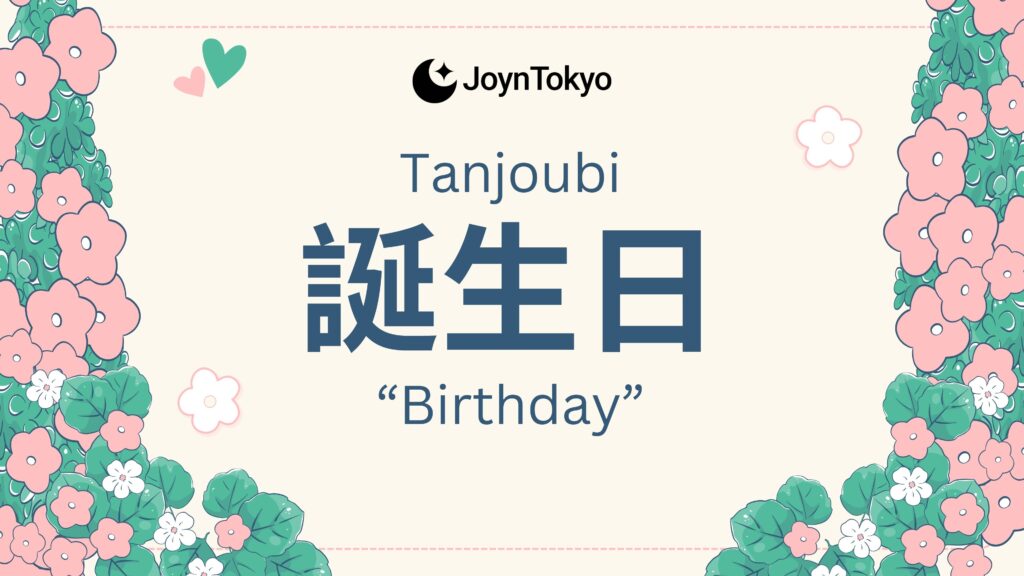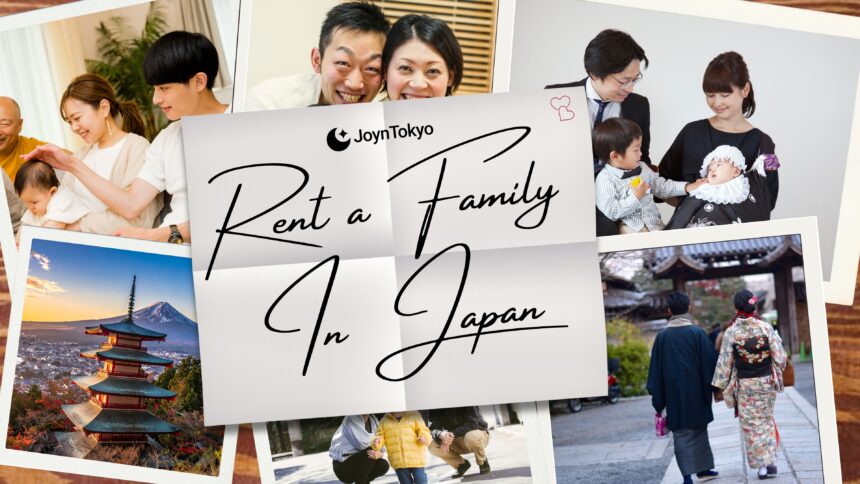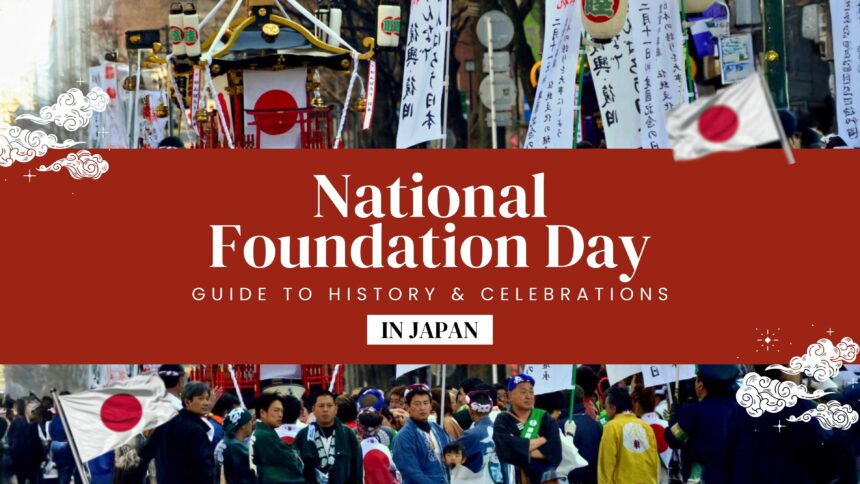Expressing gratitude is central to Japanese culture. The language offers a wide range of ways to say “thank you,” each carrying different levels of politeness depending on the situation. Whether you are thanking a close friend, showing respect to a teacher, or expressing appreciation for a meal, knowing the right phrase makes a strong impression and shows cultural awareness.
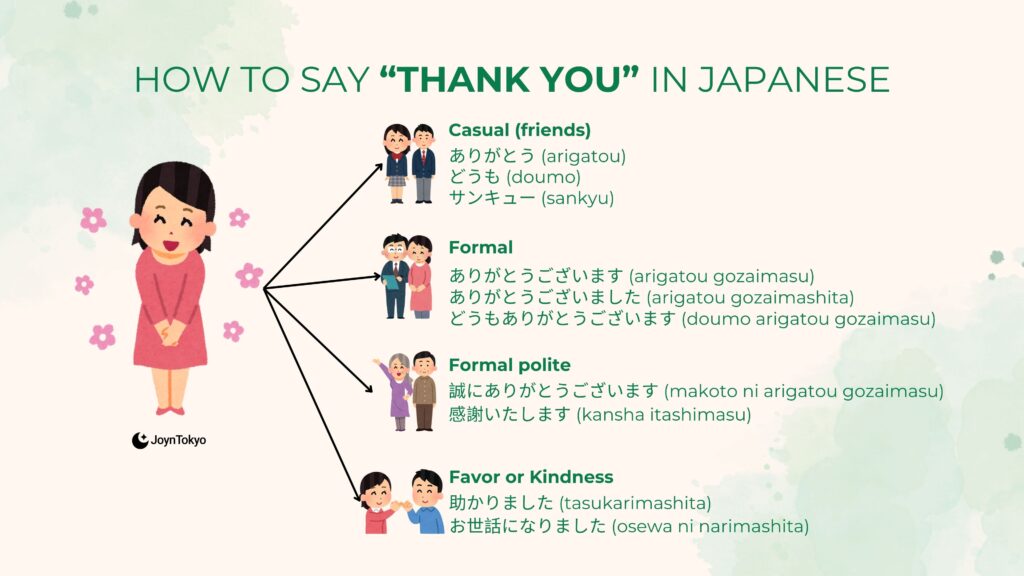
Casual Ways to Say Thank You in Japanese

The most common phrase learners encounter is arigatou (ありがとう). It is used among friends, family, or people of equal social standing. This phrase feels warm and approachable, making it perfect for daily conversations. Another common casual form is doumo (どうも), which can stand alone as a quick “thanks.” It is short, informal, and best used when the context makes your gratitude clear, such as when someone holds a door open for you.
In very casual circles, people may also say sankyu (サンキュー), a borrowed form of “thank you” from English. While this is widely understood, it carries a playful, slang-like tone and is best reserved for close friends.
Quick Reference (Casual):
- Arigatou (ありがとう) – casual thank you
- Doumo (どうも) – quick, informal thanks
- Sankyu (サンキュー) – playful, slangy thanks
Polite Ways to Say Thank You in Japanese

When you want to show respect while still being conversational, use arigatou gozaimasu (ありがとうございます). This is the safe, go-to phrase in everyday life, whether you are thanking a shop clerk, a coworker, or someone who has helped you. If the event already happened, shift it into the past tense with arigatou gozaimashita (ありがとうございました), which emphasizes appreciation for something completed.
Another polite option is doumo arigatou gozaimasu (どうもありがとうございます). Adding “doumo” strengthens the feeling of gratitude, creating an expression equivalent to “thank you very much.” It is slightly more formal than simply saying arigatou gozaimasu and can be used in both professional and social contexts.
Quick Reference (Polite):
- Arigatou gozaimasu (ありがとうございます) – polite thank you
- Arigatou gozaimashita (ありがとうございました) – polite, past tense thank you
- Doumo arigatou gozaimasu (どうもありがとうございます) – very polite, “thank you very much”
Start Your Own Japan Journey With Expert Guidance
Most people never make it to Japan because the start is confusing and tiring. Wrong visa route. Underestimated budget. Months lost to confusion.
Get personalized support for your new life in Japan.
Book Your FREE Consultation✓ 500+ Bookings ✓ English-speaking Relocation Support Experts
Very Formal and Respectful Expressions of Gratitude
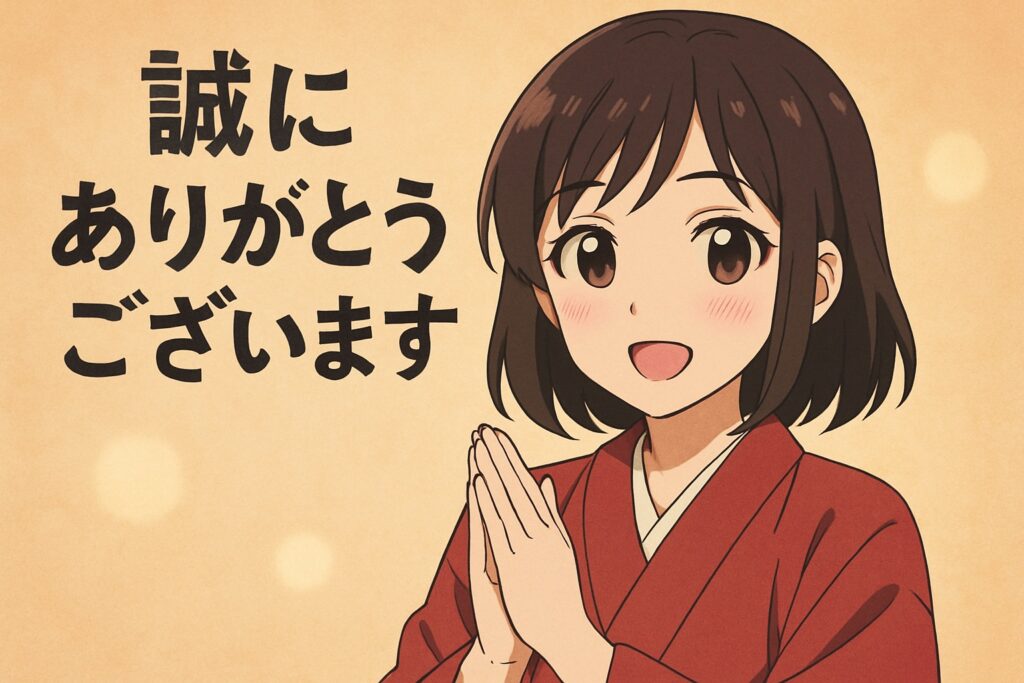
In highly formal settings, such as business meetings or ceremonial occasions, you will hear makoto ni arigatou gozaimasu (誠にありがとうございます). The word “makoto ni” adds gravity, often translated as “sincerely.” This phrase is frequently used in official announcements, customer service, or formal speeches.
Another extremely polite expression is kansha itashimasu (感謝いたします), which directly translates to “I express my gratitude.” It carries a refined tone and is preferred in writing, such as formal letters or professional emails, though it may also be spoken in respectful environments.
Quick Reference (Very Formal):
- Makoto ni arigatou gozaimasu (誠にありがとうございます) – sincerely, thank you very much
- Kansha itashimasu (感謝いたします) – I express my gratitude
How to Say Thank You for the Food in Japanese
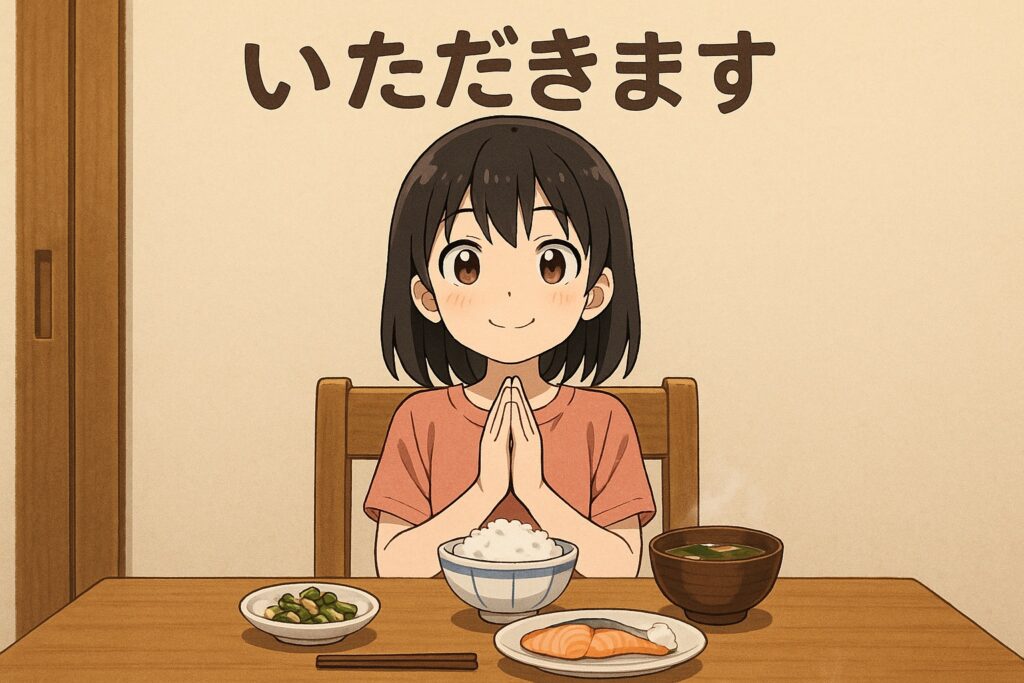
Japanese culture places special emphasis on gratitude for food and those who prepared it. Before eating, people say itadakimasu (いただきます), which is not a direct “thank you” but rather an acknowledgment of receiving the meal with gratitude. After finishing, the standard expression is gochisousama deshita (ごちそうさまでした), meaning “thank you for the feast.” This phrase thanks not only the cook but also everyone involved in bringing the food to the table.
In casual situations, you might hear gochisousama (ごちそうさま) without the polite ending. In more formal or respectful contexts, always use the full phrase with “deshita.” Knowing this specific form of thanks is essential if you want to understand how to say thank you for the food in Japanese, as it reflects deep cultural values of respect and humility.
Quick Reference (Food):
- Itadakimasu (いただきます) – said before eating
- Gochisousama deshita (ごちそうさまでした) – polite thank you after eating
- Gochisousama (ごちそうさま) – casual thank you after eating
Thanking Someone for a Favor or Kindness

Sometimes gratitude is about more than a meal or a simple gesture. When someone does you a significant favor, you can use tasukarimashita (助かりました), meaning “that was a big help.” It shows appreciation not only for the action itself but also for the relief it brought you.
In even more formal expressions, osewa ni narimashita (お世話になりました) is used to thank someone who has taken care of you or provided long-term assistance. This phrase is especially common when leaving a workplace, finishing a school term, or concluding a project with the support of colleagues.
Quick Reference (Favors & Support):
- Tasukarimashita (助かりました) – that was a big help
- Osewa ni narimashita (お世話になりました) – thank you for taking care of me / supporting me
Cultural Nuances of Saying Thank You in Japan
Japanese gratitude is not just about words, it is also expressed through tone, body language, and timing. Bowing slightly while saying “arigatou gozaimasu” strengthens sincerity. Avoid overusing casual forms like “sankyu” in formal spaces, as they can come across as careless. Similarly, using highly formal expressions with close friends may sound awkward or distant.
Understanding when and how to use these variations ensures your appreciation is received as intended. By learning the appropriate expressions for each level of formality, you not only master how to say thank you in Japanese but also gain insight into the values of respect, humility, and social harmony that shape everyday interactions.
Learn how to say Happy Birthday in Japanese and What Sugoi means!



